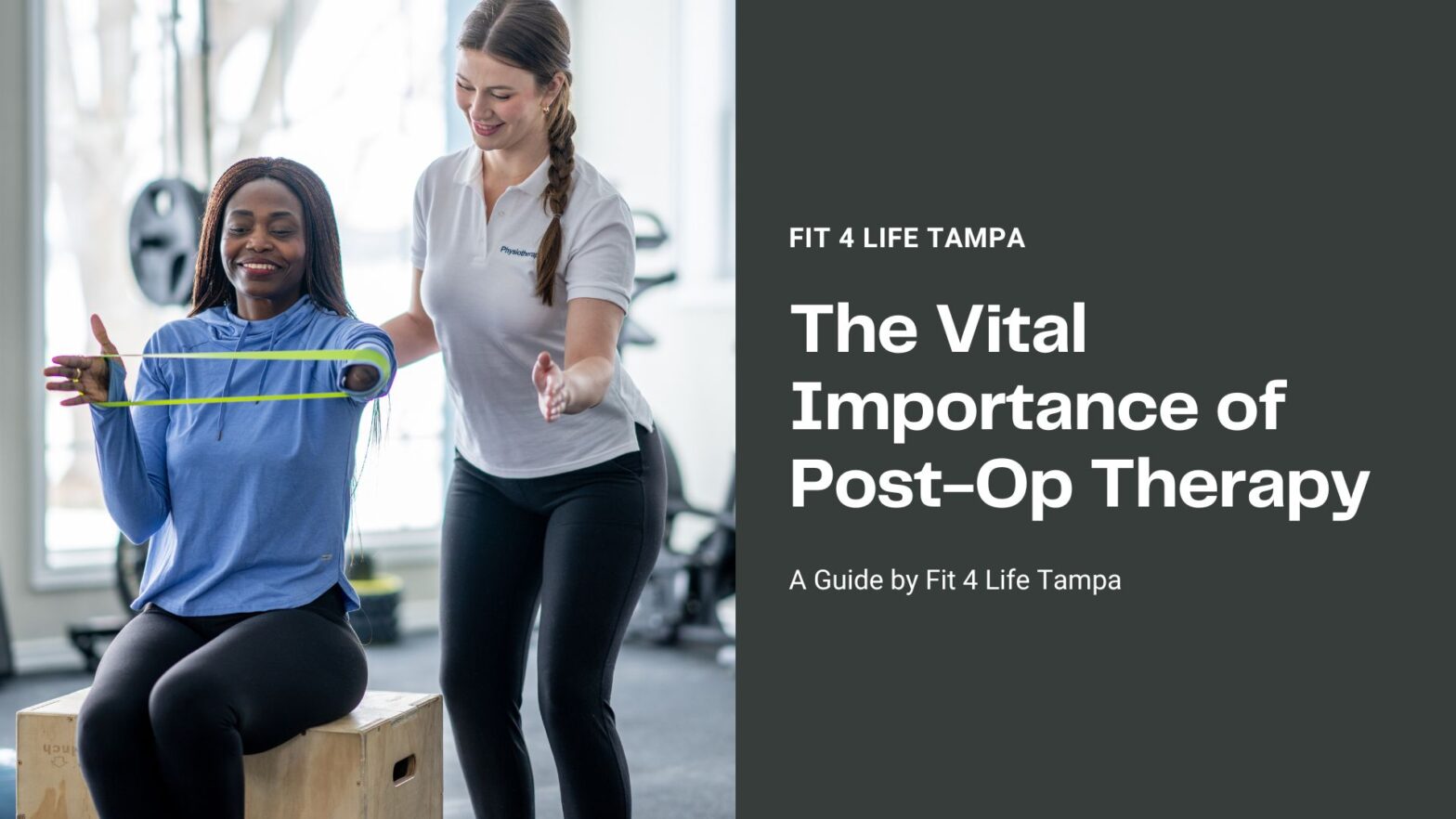Golf is a game of precision, patience, and passion. It’s a sport that many of us adore, finding solace in the beautifully manicured fairways and the challenge of sinking that elusive birdie putt. However, there’s one thing that can be incredibly frustrating for golfers – injuries. The pain and discomfort the hazards of golf can bring disrupt not only your golf game but your life. The thought of being sidelined from the sport you love is disheartening. But fear not, there’s hope. Physical therapy can be your savior, helping you not only recover from golf-related injuries but also prevent them in the first place.
The Most Common Golf Injuries
Golf injuries come in many forms, from the nagging to the debilitating. The most prevalent ones include:
- Golfer’s Elbow (Medial Epicondylitis): Affecting the inner part of the elbow, this injury can cause pain and weakness, making it difficult to grip the club.
- Rotator Cuff Strain: Swinging a golf club places a significant load on the shoulder, often leading to rotator cuff strains that result in pain and limited mobility.
- Back Pain: Golfers frequently experience lower back pain due to the rotational stresses put on the spine during the swing.
- Knee Pain: The twisting motion involved in golf can strain the knee, leading to conditions like patellar tendinitis.
- Wrist Injuries: Overuse and incorrect technique can cause wrist injuries, such as tendonitis or ligament sprains.
The pain and discomfort caused by these injuries can be infuriating, and they can keep you away from the golf course for extended periods.
How to Avoid Golf Injuries
Preventing golf injuries starts with proper training and technique. Here are some tips to help you stay injury-free:
- Warm-Up: Always start your round with a proper warm-up routine to loosen muscles and joints. Gentle stretches and range-of-motion exercises can go a long way.
- Proper Swing Mechanics: Seek guidance from a golf instructor to ensure your swing mechanics are sound. This can significantly reduce the strain on your joints.
- Strength and Flexibility: Engage in a golf-specific fitness program that focuses on strengthening the core and improving flexibility, helping to protect your back and other vulnerable areas.
- Use Proper Equipment: Ensure that your clubs are the right size and fit for you. Ill-fitted clubs can force your body into awkward positions, increasing the risk of injury.
- Listen to Your Body: Pay attention to any discomfort or pain while playing. Ignoring these warning signs can lead to more severe injuries.
Healing Golf Injuries with Physical Therapy
Physical therapy can be a game-changer in your golfing journey. Whether you’re recovering from an injury or aiming to prevent one, a qualified physical therapist can:
- Provide personalized rehabilitation programs to alleviate pain and restore mobility.
- Offer guidance on strengthening exercises tailored to your specific needs.
- Teach you proper body mechanics to minimize the risk of future injuries.
- Utilize techniques like massage and manual therapy to reduce muscle tension and improve flexibility.
Don’t let golf injuries keep you away from the course. Physical therapy can be your ally in staying healthy and enjoying your favorite sport to the fullest.
Ready to take control of your golf game and bid farewell to frustrating injuries? Contact Fit 4 Life Tampa today at (813) 907-7879 or visit us at 17419 Bridge Hill Court, Tampa, FL 33647. Our experienced team of physical therapists are here to help you stay fit, pain-free, and ready to conquer the greens. Let’s work together to keep you swinging strong!



